
Political Inclusion
A robust democracy depends on the equal and active participation of all. IRI empowers and amplifies the voices of underserved communities and integrates them into political and civic life. In so doing, IRI supports sustainable, inclusive democratic development.
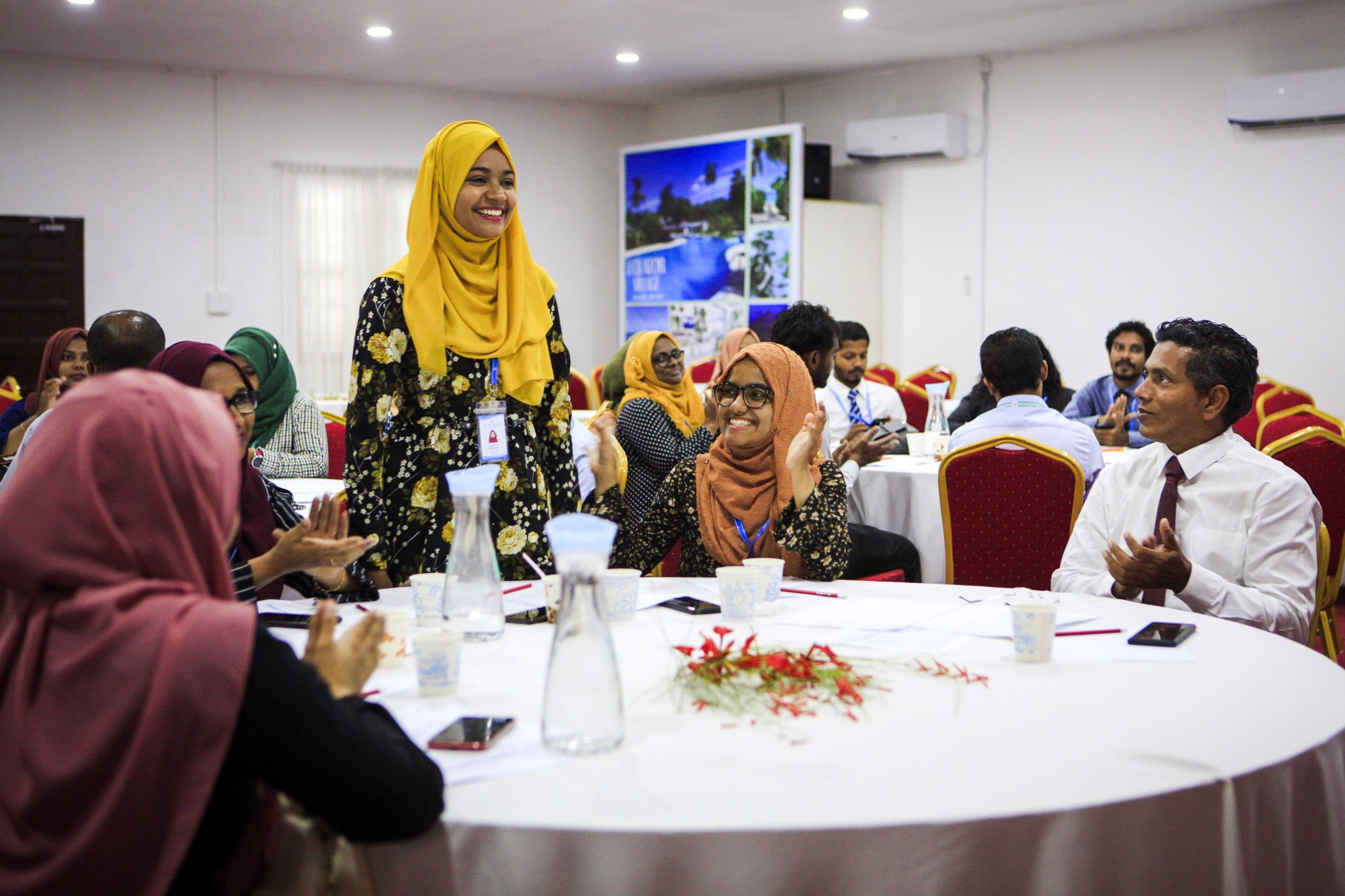
IRI applies an inclusion lens to all programs, from start to finish, to achieve two interconnected objectives—increase the political participation, leadership, and representation of marginalized groups in decision-making bodies and processes; and strengthen efforts by new, non-traditional, and local actors to work toward inclusive and sustainable reform. To realize these two aims, IRI mainstreams priorities of marginalized communities into all aspects of program implementation and crafts interventions with these groups as the primary beneficiary.
At IRI, we rely on four overarching political inclusion principles:
“Nothing About Us Without Us”
IRI actively includes and empowers marginalized voices in society to participate in political processes that affect their lives. This means we seek and prioritize the input of marginalized populations to inform our programming. IRI partners with organizations representing such populations to make joint decisions about our approach over the course of the program.
Intersectional
Intersectionality refers to the interconnected nature of social categorizations such as gender, age, race, and class as they apply to a given individual or group, which create overlapping and interdependent systems of privilege or marginalization. IRI addresses these ways that marginalization affects groups to ensure our programs are relevant and can lead to sustainable change.
“Do No Harm”
Many marginalized groups face disproportionate threats to their well-being because of their identity. IRI ensures programs are not harmful to participants by conducting needs assessments to make certain programs are relevant and by collecting and analyzing data to identify results and adapt where needed.
Cross-Sectoral
IRI engages a wide range of providers and partners to effectively respond to the lived realities of marginalized communities. This is based on our recognition that external factors such as lack of economic opportunity, limited education, or endemic violence can impede communities’ ability to engage in civic and political life. Thus, a ‘whole of society’ approach is necessary.
Working together, these principles enable IRI to foster and build more inclusive, representative, and democratic societies globally.
Working with Lesbian, Gay, Bisexual, Transgender, Queer and Intersex (LGBTQI+) Advocates and Allies
LGBTQI+ populations face fundamental barriers that inhibit them from engaging in political and civic life. In many countries, the basic rights of such populations are not protected, including safety and access to justice. Accordingly, IRI places a premium on our principles of “do no harm” and using a cross-sectoral lens for related programs. For instance, in Bangladesh, we partnered with a local organization to promote the rights and awareness of transgender women through dance performances, television, and storytelling. In all programs, IRI responds to unique circumstances faced by local LGBTQI+ communities by conducting innovative research and assessments, such as a barrier analysis conducted in Laos and focus group discussions in Bangladesh.
IRI’s relationships with key stakeholders who can influence LGBTQI+ individuals’ lives – including government actors, civil society, political parties, and media – uniquely positions us to partner with LGBTQI+ populations. We partner with such organizations globally to bolster opportunities for LGBTQI+ populations to have their voices heard and rights protected. Examples include building advocacy for more inclusive laws and practices, connecting the LGBTQI+ community to government actors to ensure their priorities are heard, building inclusive elections through non-discrimination trainings and activism through art.
Empowering People with Disabilities
Persons with disabilities (PWD) face systemic and enduring exclusion and discrimination that makes it difficult to shift sociopolitical norms and necessary for them to fill leadership roles in their communities. To overcome barriers to political inclusion in countries like Jordan, IRI mainstreams PWD into leadership development programs. IRI also provides platforms for PWD advocates to promote the meaningful inclusion of all people in government processes. In Sri Lanka, for instance, an intern from IRI’s Emerging Leaders Academy used this platform to establish a disability focal point within the Department of Information.
Recognizing that representative governance is a hallmark of healthy democracies, a cornerstone of IRI’s inclusion efforts to remove barriers to political participation is to make sure all people have equal access to elections. For example, ahead of the 2019 elections in Guyana and the 2020 elections in Mongolia, IRI launched voter education campaigns to help PWD understand how to access information about how to exercise their right to vote. Following elections in countries including Georgia, Tunisia, and Nigeria, IRI released reports that analyzed PWD inclusion to bring awareness to the challenges and successes for ensuring all voices are represented in a democracy.
Partnering with Religious, Racial, Ethnic, Linguistic, and Indigenous Communities
Religious, ethnic, linguistic, and indigenous minorities – and other such communities who are marginalized though they are a demographic majority in their country – comprise a substantial portion of the population in many countries in which we work. IRI ensures our interventions are inclusive of these groups, starting with diversity of participants in our activities. In counties including Tanzania and Bosnia and Herzegovina, IRI has partnered with communities that cross ethnic divisions, using approaches that harness sports, art, and film to promote engagement. An overarching theme of IRI’s work with minority groups is building tolerance, peaceful interaction, and collaboration across communities.
IRI empowers partners to translate civic and voter education materials to minority languages and disseminate them in communities where linguistic minorities live. Across programs, IRI creates a safe space for people of all identities by providing spaces for prayer, catering to a variety of diets, and working with trainers from minority communities.
IRI creates space and the ability for minority groups to play an active role in political processes, while building more inclusive, peaceful, and democratic political systems.
Technical Experts

Utpal
Senior Governance Manager, Center for Global Impact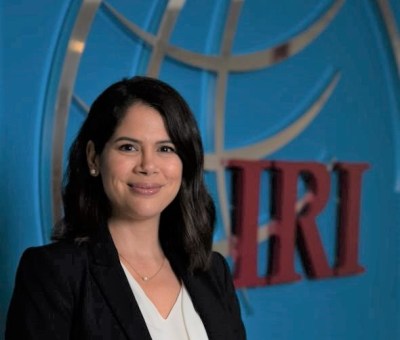
Gabriela
Cuevas
Regional Deputy Director, East Asia and the Pacific

Marian
Ware
Senior Design, Monitoring, Evaluation and Learning Manager
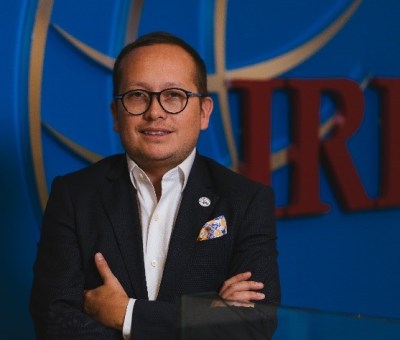
Horacio Marcelo Quiroga
Salas
Regional Program Director, Caribbean

Meryl
Miner
Senior Program Manager for Youth and Inclusion

Jorge
Ceballos
Program Director, El Salvador
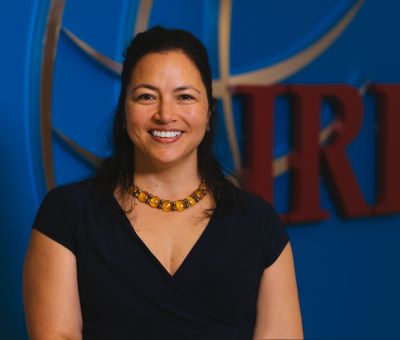
Johanna
Kao
Senior Director, Asia-Pacific
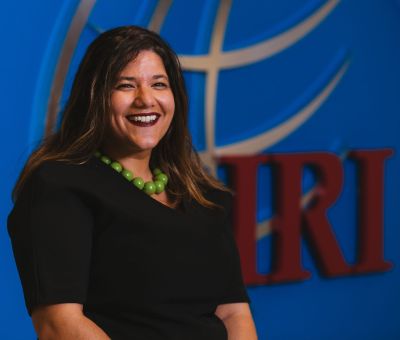
Rima
Kawas
Senior Regional Advisor, Middle East & North Africa Senior Advisor, IRI Strategic Initiatives
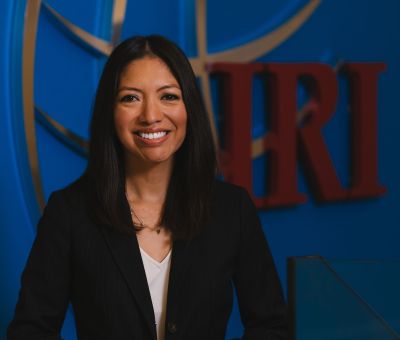
Katya
Rimkunas
Director for Democracy, Rights, and Governance (DRG) Technical Leadership
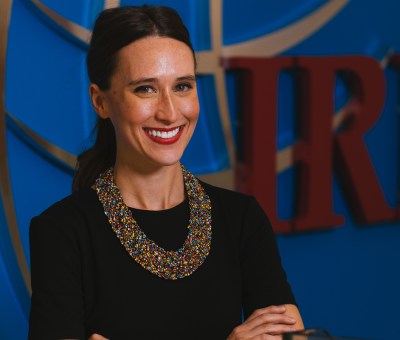
Keri
Zolman
Deputy Director, Women’s Democracy Network

Valerie
Dowling
Director, Private Sector Engagement & Women’s Democracy Network
Latest News

Driving Democracy Forward: Insights from the 2024 …
The 2024 Generation Democracy Global Summit in Vilnius, Lithuania, brought together over 62 young leaders, experts, activists, and policymakers from…
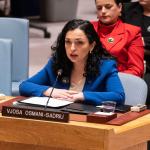
Building an Inclusive Political Environment for Wo…
Inclusive political participation is a core element of a democracy. In Kosovo, equal participation within, and representation by, political parties…
IRI Marks 30 Years of Democracy Support in Lithuan…
In March 1990, as the Soviet Union was dissolving, Lithuania regained its independence. Soon thereafter, the United States began providing…

Peace in Sudan: A Path Towards Negotiation…
Since the breakout of war between the Sudanese Armed Forces (SAF) and the paramilitary group, the Rapid Support Forces (RSF)…
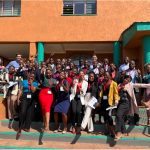
Generation Democracy: Amplifying Youth-led Impact …
To ensure a sustained dialogue on increasing youth political and civic participation globally, it is imperative to create a space…
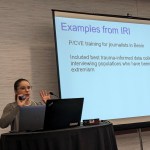
Leveraging Trauma-sensitive Data Collection Approa…
On October 14, IRI’s Evidence and Learning Practice (ELP) organized a panel on conducting trauma-sensitive evaluations as part of the…

Integrating Women’s Voices into Local Politics in …
This article is part of a series highlighting the work of five inspiring and capacity-building initiatives the young civil activists…

Including Youth Voices Strengthens Democracy in Mo…
Mongolia has been lauded globally as a democratic success story and as a country that, despite being sandwiched between authoritarian…
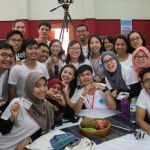
Paving a Way for the Next Generation: 2023 Interna…
From Kenya to Ukraine and beyond, democracies are on the frontlines in the war against disinformation and corruption on every…

Forging a Better Tomorrow: Lessons for Today’s You…
Amidst the current headlines dominated by the conflict in Ukraine, International Youth Day presents an opportune moment to reflect on…

IRI McCain Fellowship for Freedom: Celebrating Sen…
August 25, 2023, marks 5 years since the passing of Senator John McCain, who served as the Chairman of the…
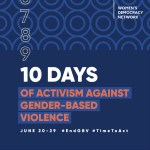
IRI’s WDN Hosts 10 Days of Activism against …
The International Republican Institute’s (IRI) Women’s Democracy Network (WDN) hosted its fifth annual “10 Days of Activism against Gender-Based Violence”…
Latest Resources
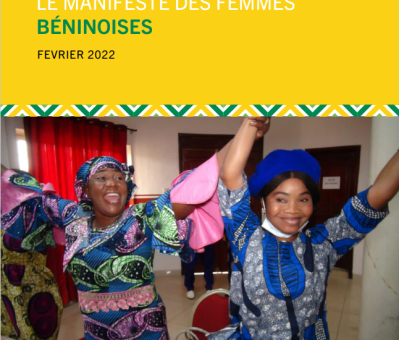
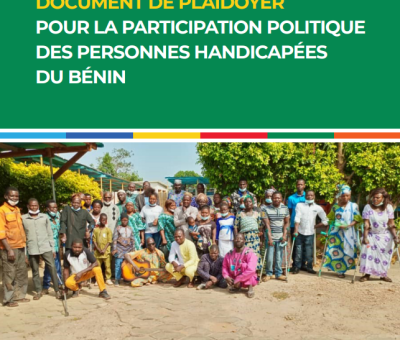
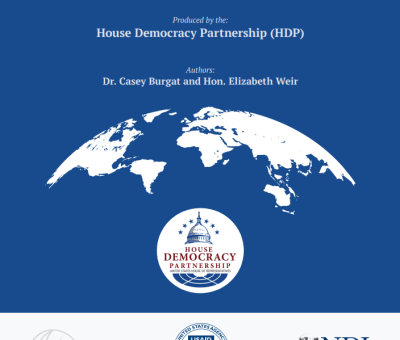
HDP Global New Member Orientation Guide
The International Republican Institute (IRI), in partnership with the National Democratic Institute (NDI), produced a House Democracy Partnership (HDP) Global…
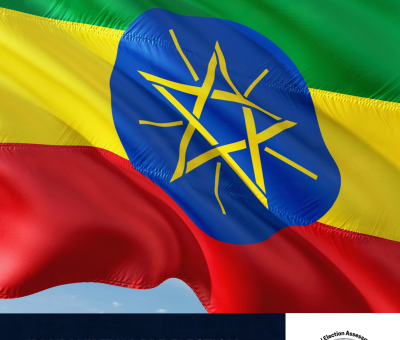
Ahead of Elections, IRI Poll Reveals Kyrgyz Public…
Between February and March 2021, the International Republican Institute (IRI) conducted a national survey across Kyrgyzstan, gauging public opinion on a range of…
Poll of Young Mongolians Shows Enthusiasm for Poli…
Ulaanbaatar, Mongolia – A new nationwide poll of Mongolia by the International Republican Institute’s (IRI) Center for Insights in Survey…
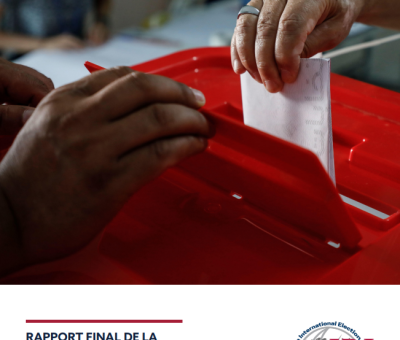
Final Report for 2019 Tunisia Election Observation…
Tunis, Tunisia – In order to demonstrate the international community’s commitment to supporting Tunisia’s continued democratic transition, the International Republican…
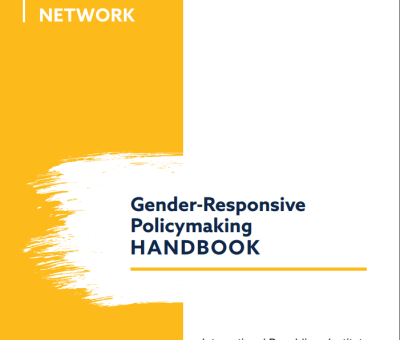
Gender-Responsive Handbook Supports Equality in Po…
The Women’s Democracy Network (WDN) has developed a gender-responsive policymaking handbook to help elected officials and civil society leaders integrate…
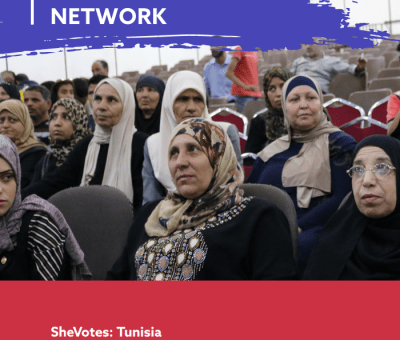
SheVotes: Tunisia Understanding Barriers to Women&…
Tunisia has pioneered women’s rights in the Arab world by abolishing polygamy, creating a civil judicial process for divorce and…
Moldova’s Electoral Reforms Signal Step Forward, E…
Washington, D.C. — The International Election Observation Mission of the International Republican Institute (IRI) released its final report on the 2019 Moldovan parliamentary elections. The report’s analysis of the electoral…
Preliminary Statement of the IRI International Obs…
Overview of the Mission This preliminary statement is offered by the international observation mission of the International Republican Institute for…
Preliminary Statement of the IRI International Obs…
Overview of the Mission This preliminary statement is offered by the international observation mission of the International Republican Institute…